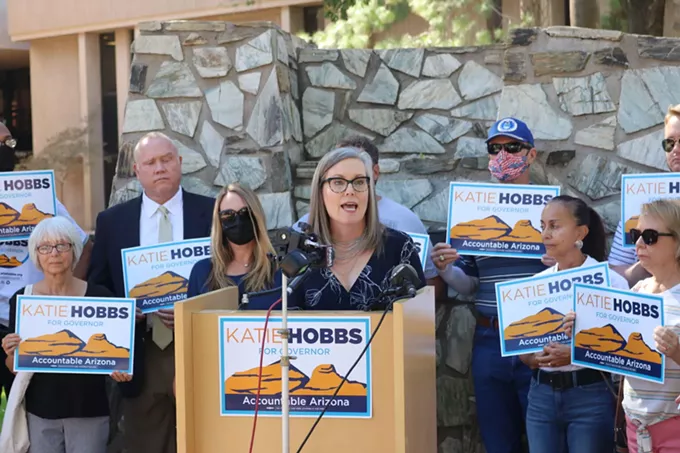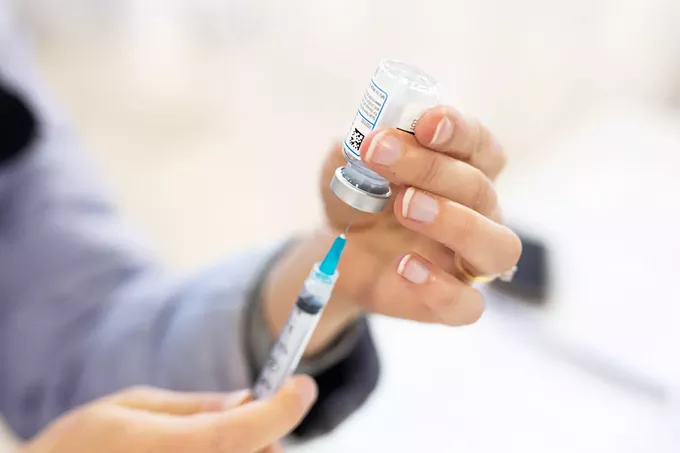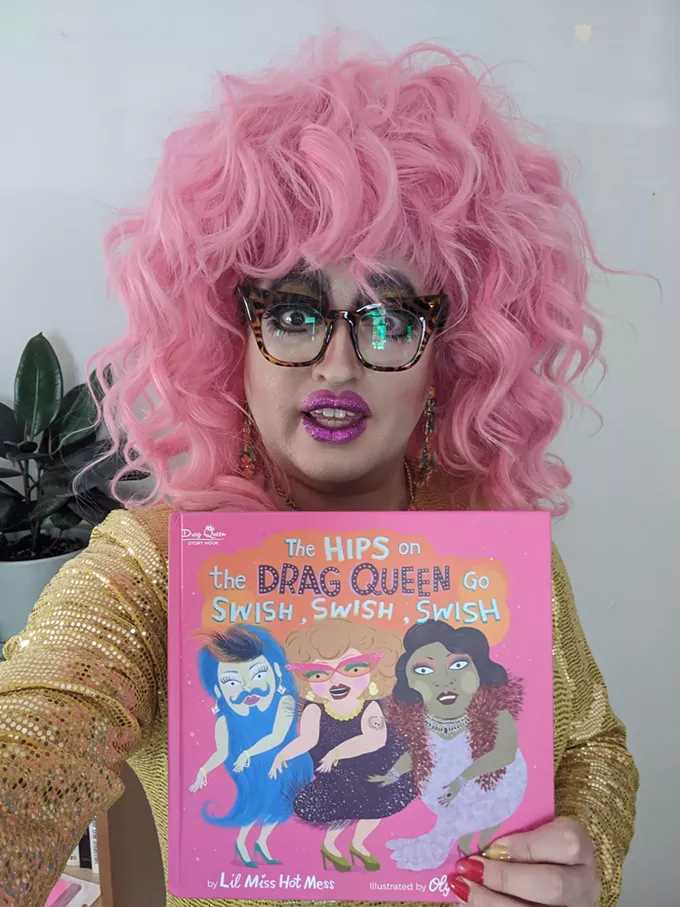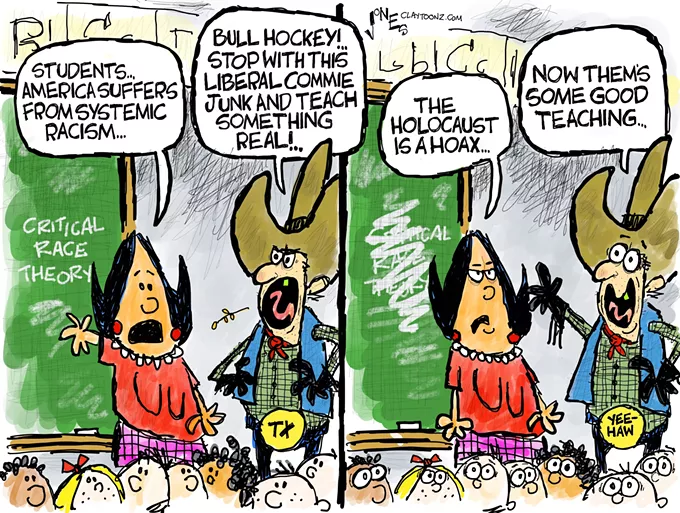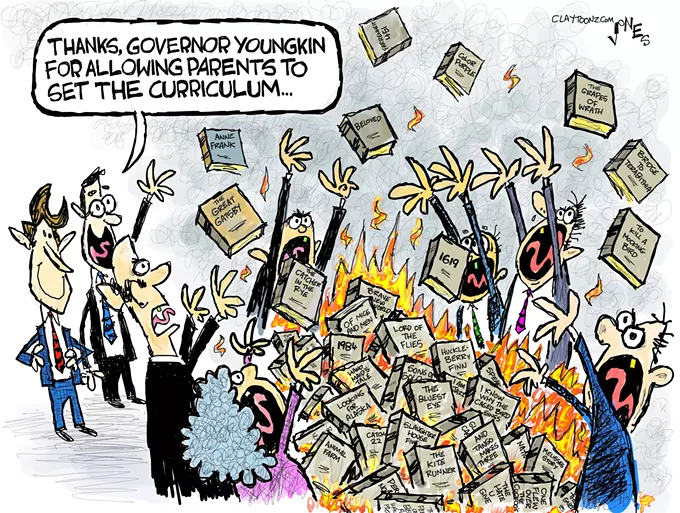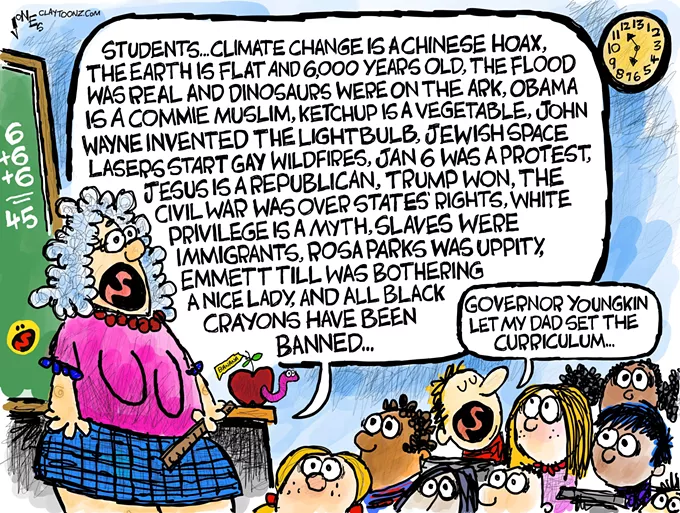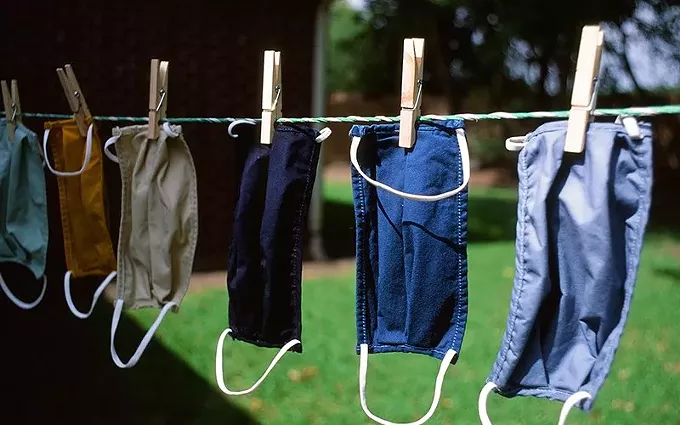Tuesday, November 23, 2021

PHOENIX – Just minutes before her high school graduation in Gallup, New Mexico, three years ago, Dakotah Harvey was told to remove the eagle feather from her mortarboard or she would be escorted out of the ceremony and her diploma would be withheld.
Her grandfather had tied the feather to the cap’s tassel earlier that day, Harvey told Cronkite News. He loaned it to her after performing a Navajo prayer in celebration of her achievement.
“I didn’t have the heart to tell him I couldn’t wear it,” Harvey said.
To Navajos and many other Indigenous peoples, the feather of an eagle is an important and sacred component of many ceremonies and blessings.
In April, Arizona Gov. Doug Ducey signed legislation that public schools can’t prohibit Indigenous students from “wearing traditional tribal regalia or objects of cultural significance at a graduation ceremony.” The bill specifically includes eagle feathers or eagle plumes.
Cultural regalia includes hair buns, rug dresses, woven sashes, moccasins, beadwork and turquoise jewelry, including bracelets, belts and necklaces.
New Mexico does not have a similar law.
Tuesday, November 9, 2021
Katie Hobbs avoided a mistake that contributed to her party’s upset loss in Virginia last week, saying that Arizona parents should have a great deal of input into what their children learn in school.
Asked about parental control and the effect the issue had on the Virginia governor’s race, Hobbs, the frontrunner for the Democratic nomination in next year’s gubernatorial race, told reporters during a press conference Tuesday that curriculum is a local issue — and one that school districts and school boards should work with parents to determine.
“We absolutely need parents as partners in our education system. We need to do everything we can to make sure that every student in Arizona, no matter where they live, has access to high-quality public education, and that starts with bringing our teachers and our parents together to work together to make that happen,” Hobbs told reporters.
Parental control over curriculum has been a hot-button issue throughout the year, as parents and conservative activists have swarmed school board meetings across the country, including in Arizona, to denounce “critical race theory.” The term, which refers to a field of academic study about the ways in which race and racism are intertwined with American society, has become a broad, catchall term used by Republicans to describe teaching about certain racially sensitive topics.
The issue came to the forefront in the recently concluded Virginia governor’s race. Democratic nominee Terry McAuliffe said during a Sept. 29 debate that, “I don’t think parents should be telling schools what they should teach,” which many observers believe contributed to his loss to Republican Glenn Youngkin on Tuesday.
Wednesday, October 27, 2021
WASHINGTON — The next wave of the massive COVID-19 vaccination campaign could begin as soon as next week, after federal regulators decide if elementary school students across the U.S. should begin rolling up their tiny sleeves.
That multistep approval process kicks off Tuesday, when the Food & Drug Administration’s panel of vaccine experts will vote on whether the benefits of Pfizer’s COVID-19 vaccine outweigh the risks for kids ages 5 to 11.
If the panel and top FDA officials grant an emergency authorization for vaccinating that age group, then the next step lies with the Centers for Disease Control and Prevention. A CDC panel would meet on Nov. 2 and 3 to craft additional guidance on how the shot would be used.
For parents with children in that age group, that could mean a vaccination appointment for their child as soon as Nov. 4. The Biden administration has said there will be 15 million doses ready to ship as soon as the FDA gives the green light.
In recognition of the difficulty parents may have deciding whether to obtain a vaccine, the administration also is taking care to connect parents with trusted providers like pediatricians. “These are our babies, and they still feel like a baby when they’re that age and that size,” said Amy Wimpey Knight, president of the Children’s Hospital Association.
Monday, October 25, 2021
Lil Miss Hot Mess will present her research on drag studies at the University of Arizona Poetry Center, 1508 E. Helen St., in the Dorothy Rubel Room at 7 pm on Tuesday, Oct 26.
Lil Miss Hot Mess is a well-known drag queen, activist, scholar, children’s book writer and storyteller of Drag Queen Story Hour, a program that brings drag queens and children together for storytime. Her children’s books include The Hips on the Drag Queen Go Swish, Swish, Swish. (The forthcoming If You’re a Drag Queen and You Know It will be available in May.) Lil Miss Hot Mess is a professor at UA who teaches history and theory of play. Lil Miss Hot Mess’s presentation is part of UA’s 2021 Tucson Humanities Festival and will be available for live stream at humanitiesfestival.arizona.edu/live.
What can attendees expect to see at the presentation?
It’s an overview of my work with Drag Queen Story Hour and some research that I've done on drag pedagogy. In addition to being a drag performer, I am also a professor at the U of A. Some of my research is about what can we learn from Drag Queen Story Hour in the broadest possible sense. Not just, how do we think about LGBT or gender 101? But, how we can learn to be better teachers or educators if we adapt some of the strategies of drag performers. I talk about things like how to incorporate humor to de-stigmatize difficult topics.
What topics are you destigmatizing?
When I talk about drag I like to actually highlight that it's not just about gender, it's not just about a physical transformation because drag has many different forms. Drag is about exaggeration. It's about turning your fantasy into a reality and often it's about dealing with difficult topics through a sense of camp, through a sense of humor. Being willing to laugh at ourselves and laugh at the world, but also take some of these things seriously. For example with Drag Queen Story Hour, we like to read books that address different topics of diversity, bullying, of finding your own creative voice. But, we also like to read the classic Everyone Poops. Which is a way of taking a thing that can be serious, scary, or shameful for kids and reading the book together and laughing at it. I also think it is for kids who might be questioning their identity, their gender identity or feel different because they are multiracial, adopted or have a disability. They learn about finding strength through humor and leaning into those things that make us different is part of what drag culture is all about.
What inspired you to do this type of research?
I fell into Drag Queen Story Hour through some of my friends in the San Francisco Bay Area. It started in 2015. I was living in New York at the time, and we brought it to New York. You know, it's blossomed all around the country and all around the world. I think there are so many affinities between drag performers and children. Drag is literally dressing up and playing. Kids are all about imagination. They're all about play, they're all about asking a lot of questions and I think that's another thing drag does well is that it questions authority, it questions history. It asks why? Why should we do something one way because it has always been done that way? Being able to explore that with kids not only provides them an important educational opportunity but I've also learned a lot in so many different ways from working with children in drag. The research came after doing the events because I wanted to go a little bit deeper.
It's like a commentary on education and how we can approach talking about these deeper topics with kids.
Much of education is test scores and memorizing. Even important work in diversity or social justice topics still tends to be framed as learning the vocabulary for LGBTQ or learning how to get some of these things right. I think that drag opens up a little bit more space for improvisation, for experimentation, for taking risks, for being willing to fail together and laugh at off or learn from it. I think that is actually a major shift from the way that we think of education in this country.
What are you hoping people walk away with from your event?
My main goal throughout all of this work is to get people to loosen up a little bit and enjoy that sense of play and be open to thinking about things in a different way. I will talk about five specific strategies that people can use but again, I don't want people walking away with notes. I want people to walk away feeling that we can activate our imaginations to do things differently. How do we tap into our own creativity? How do we use that to reimagine our world?
I think drag can intersect with a lot of different aspects of our lives. One thing that I try to make clear is that when I talk about drag pedagogy or drag education, I'm not suggesting that every teacher put on a wig or a pair of heels. But that people think about some of these elements to transforming something about the way you work, or bringing out an aspect of your personality that you don't always allow to shine can change the way that you relate to people or relate to different situations. So it's not about becoming a drag but it’s really about learning a little bit from us.
Tags: Tucson Humanities Festival , drag , drag queen , Lil Miss Hot Mess , University of Arizona , UA , humanities , storytelling , children's books , Image
Thursday, October 21, 2021
Tuesday, October 19, 2021
Friday, October 8, 2021
Thursday, October 7, 2021
The Pima County Board of Supervisors voted 3-2 on Tuesday against mask requirements for K-12 schools in Pima County.
Supervisor Matt Heinz presented the proposal for masks in schools in response to research from the Centers for Disease Control and Pima County.
Pima County recently co-authored a study with the CDC that found K-12 schools without mask requirements in Pima and Maricopa counties were 3.5 times more likely to have a COVID outbreak than schools with mask mandates.
“In light of the information that literally came from this county and Maricopa County in Arizona and the CDC,” Heinz said, “I think it makes a lot of sense for us to take a look at this again.”
Heinz reiterated his view that masks protect students and teachers from COVID and that data supported his opinion.
Dr. Francisco Garcia, Pima County's chief medical officer, was asked to discuss the potential mandate with all 12 school district superintendents in Pima County. He presented their feedback during the board's regular meeting.
Tuesday, October 5, 2021
Thanks to University of Arizona golf star David Laskin, every UA student, faculty member and staffer will be able to access the Wall Street Journal for free.
When Laskin was named the Pac-12 Scholar Athlete of the Year, two UA alumni donated $200,000 in his honor to be used for the men's golf team and the Eller College of Management’s Department of Finance.
“I remembered that I’d had to buy the Wall Street Journal for some of my classes, so, in talking with my dad, he suggested figuring out a way to give access to it. That made a lot of sense to make it accessible for students.”
Through their memberships, students, faculty and staff will have unlimited access to WSJ.com, WSJ apps, podcasts, curated newsletters and more. Those that currently have memberships may be eligible for partial refunds when they switch to their school-sponsored subscription.
Students, faculty and staff can visit WSJ.com/UArizona to access their free subscription. For more, visit eller.arizona.edu.
Thursday, September 30, 2021
The Marana Unified School District Governing Board ended their special meeting on Wednesday with no action on requiring face masks on Marana school campuses.
Board member John Lewandowski called the Sept. 28 emergency meeting on the previous day and planned to make a motion for the institution of a mask mandate. Marana school campuses have gone to mask-optional status since their previous mandate ended on Sept 29.
New data from a recently released study by the CDC, co-authored with Pima County, showed K-12 schools without mask requirements were 3.5 times more likely to experience a COVID outbreak. Data was taken from 999 public schools in Pima and Maricopa counties.
Board member Hunter Holt surprised the Board on Wednesday by making a motion to relinquish the authority to institute a mask mandate to Superintendent Dr. Dan Streeter.
“My motion is to give Dr. Streeter sole authority to implement and remove any sort of mask mandate from here on out,” Holt said.
Holt said he trusted Streeter to make the proper decision. He also said that COVID case numbers have improved in Marana. The Arizona Department of Health Services has recorded a slow decrease of overall COVID cases in Pima County since the August surge. Pima County K-12 schools are still considered to have high transmissibility, according to ADHS.
“This is really ridiculous. John called this meeting so the five of us could vote on re-imposing a mask mandate and now Hunter has come in from left field and has thrown this curveball,” said board member Tom Carlson. "Obviously, Dr. Streeter doesn’t know what to say on this.”
Streeter seemed confused by the surprise motion and recommended the Board vote no. The motion to give Streeter mandate authority failed.
Lewandowski then asked the board to extend the mask mandate. The motion was not seconded. Marana Unified School District will remain mask-optional until the board decides otherwise.
“I was very disappointed,” Lewandowski said after the meeting.
“I thought I was doing what was in the best interest of kids and staff for safety.”
Lewandowski pledged to ask Board President Dr. Maribel Lopez to revisit the subject at a future meeting but said she could choose not to include it.


